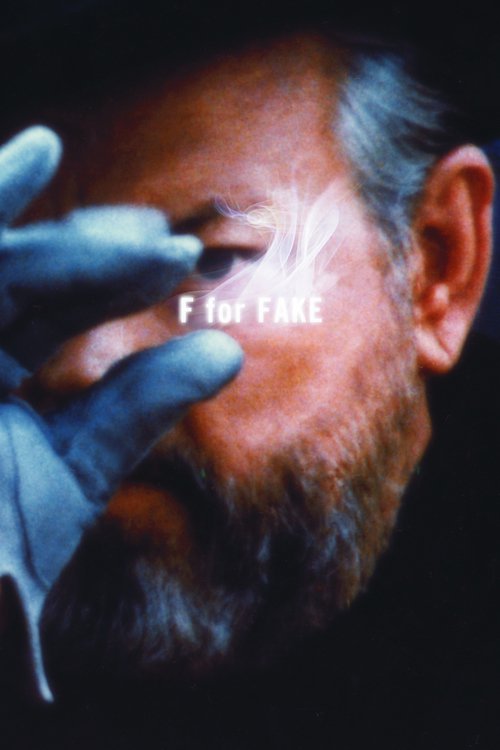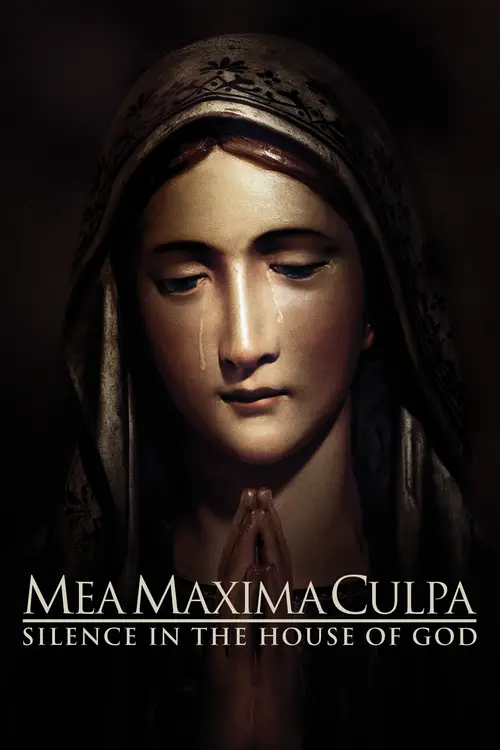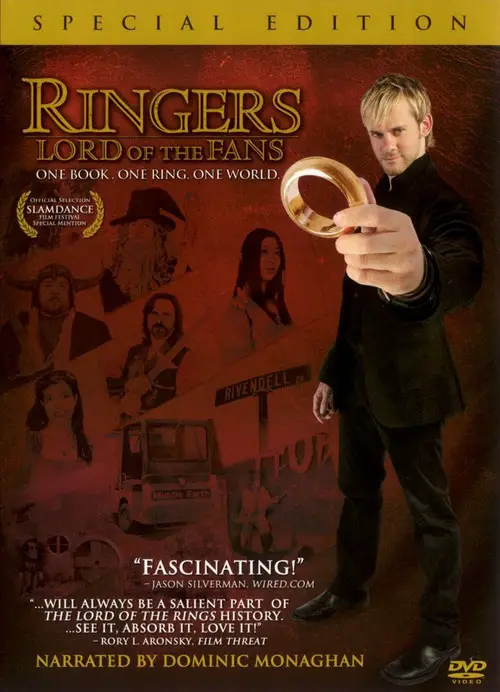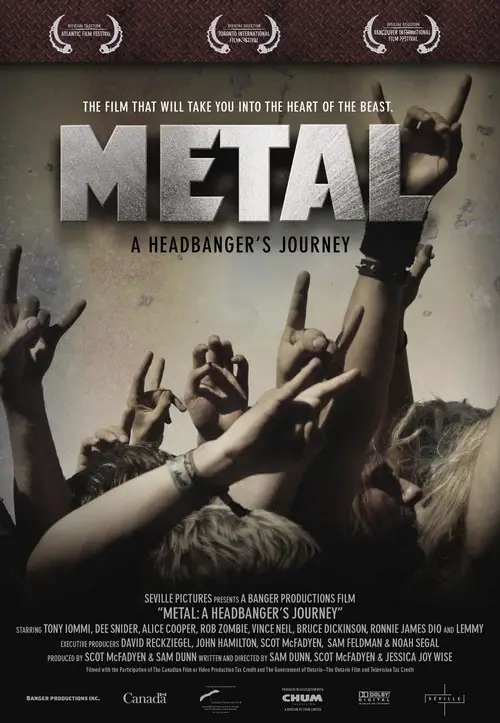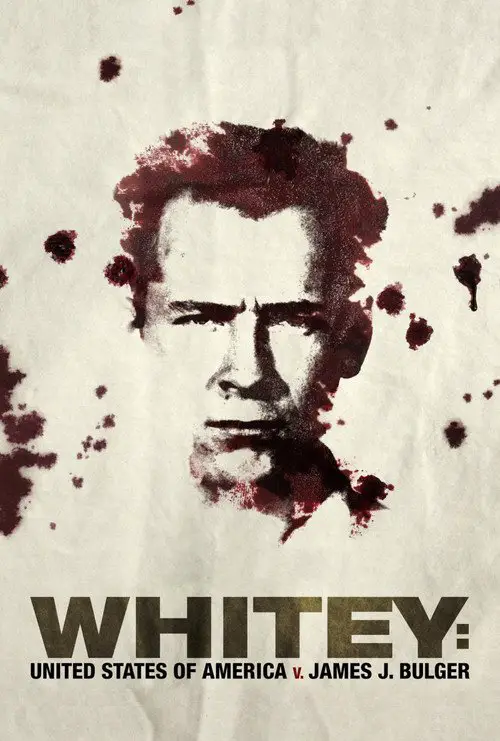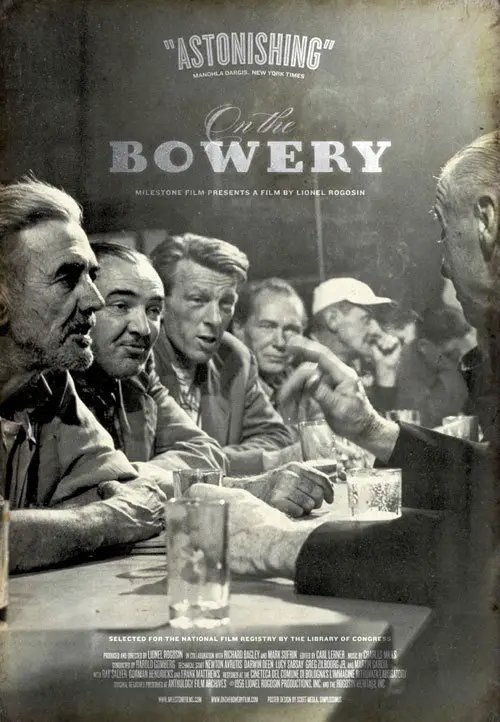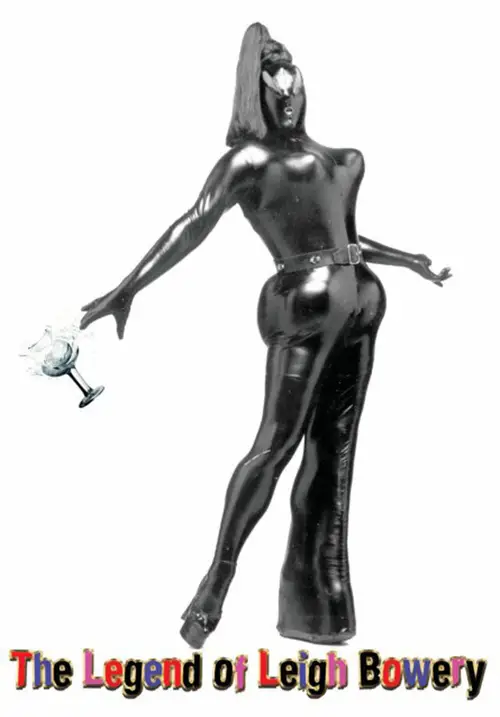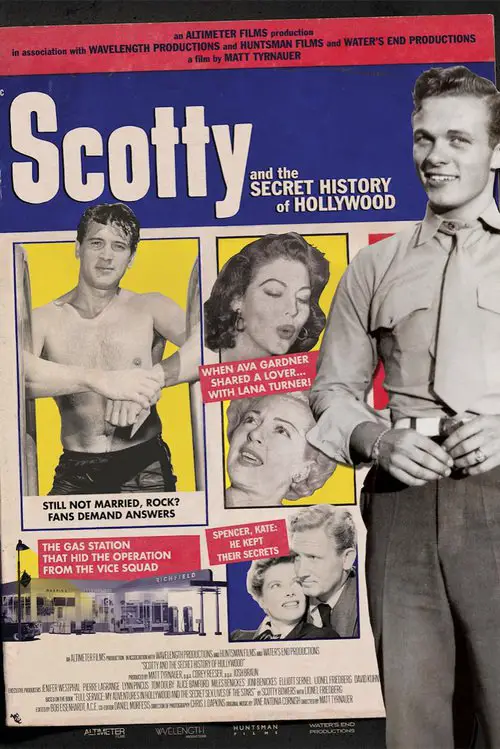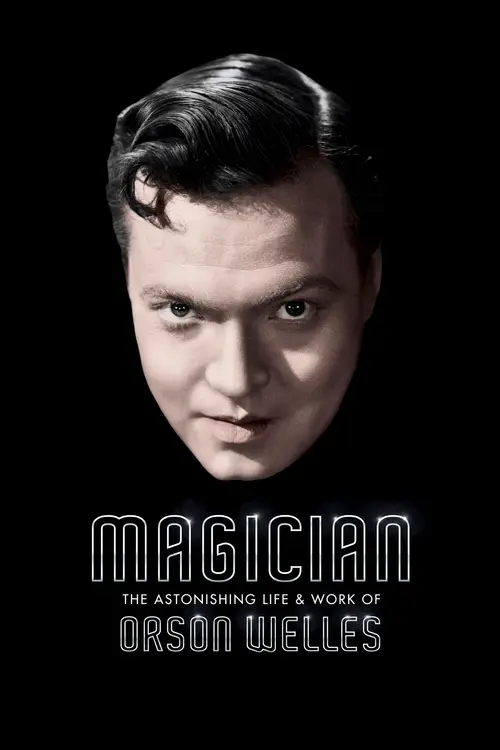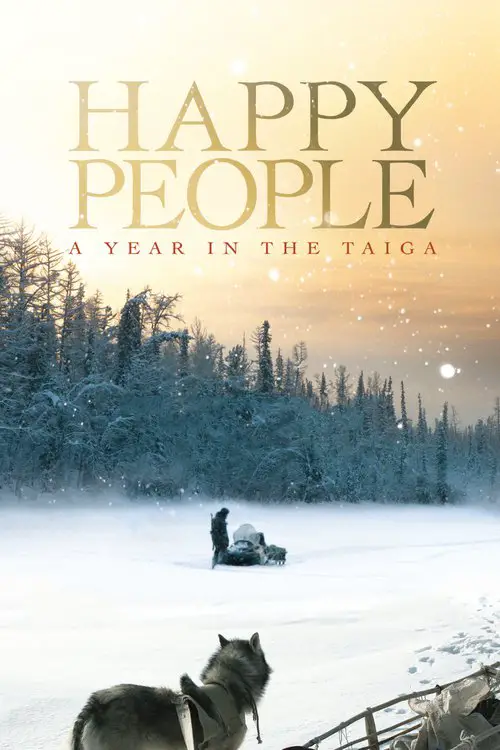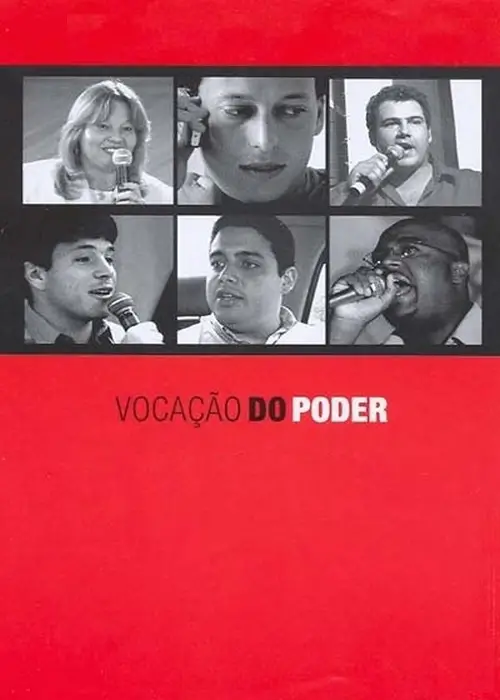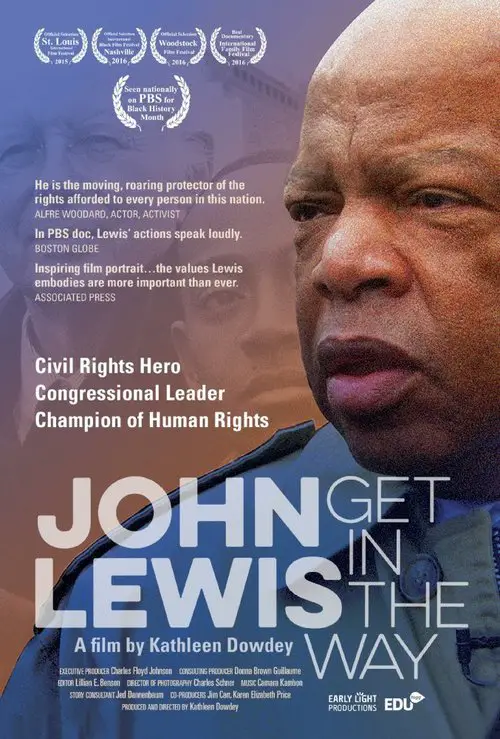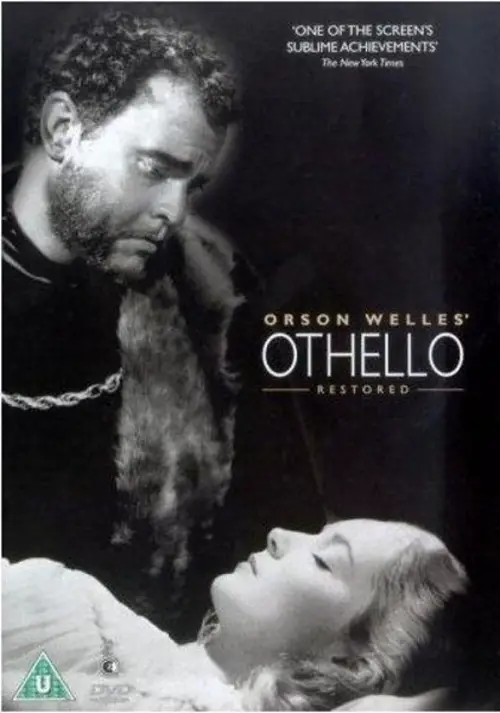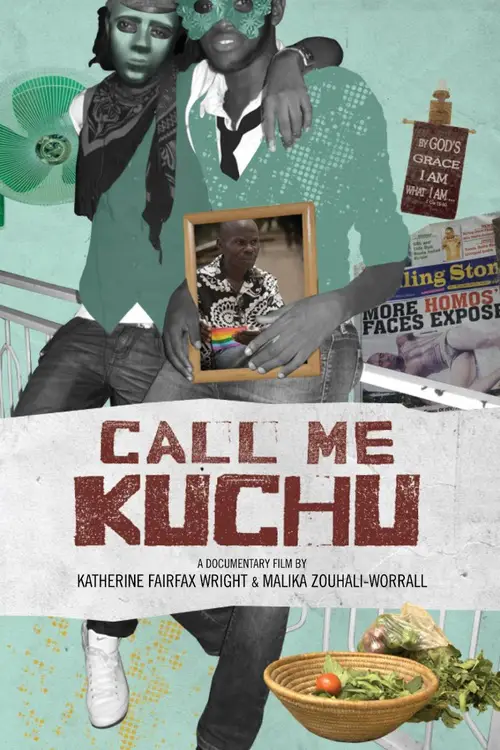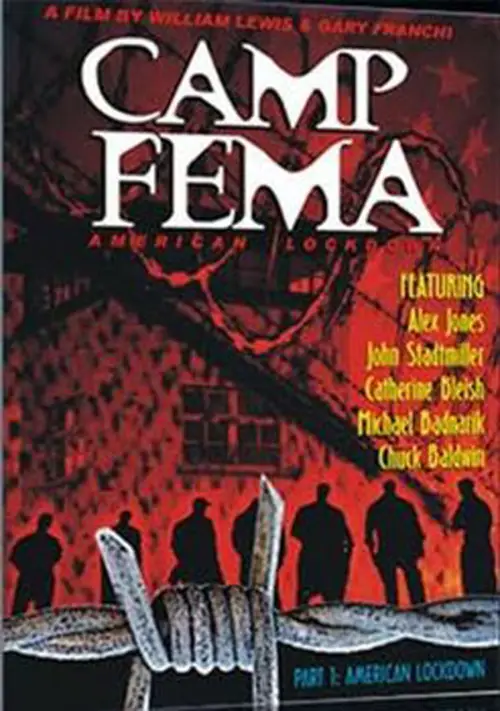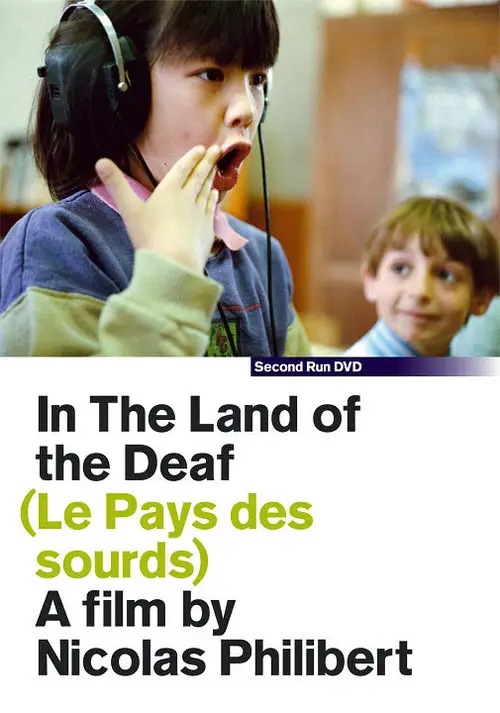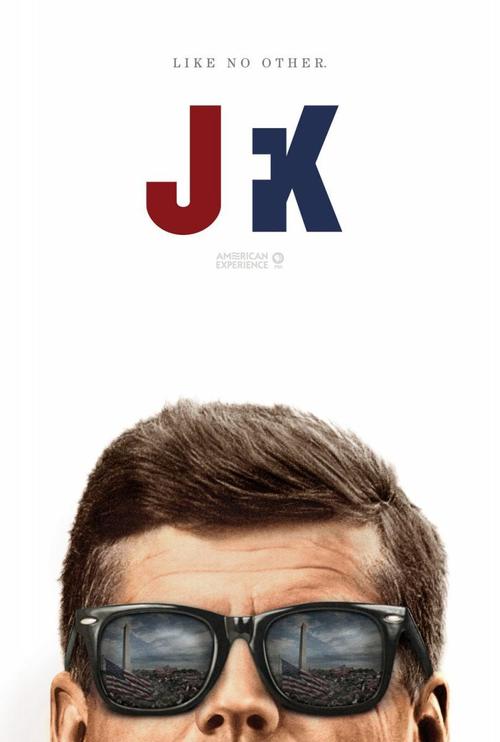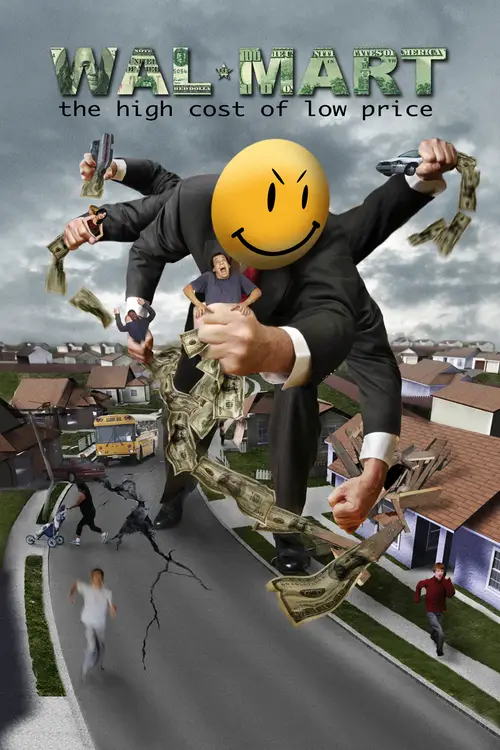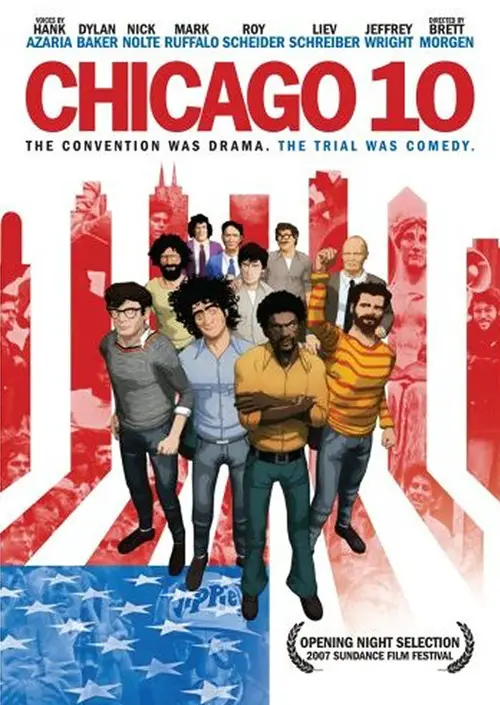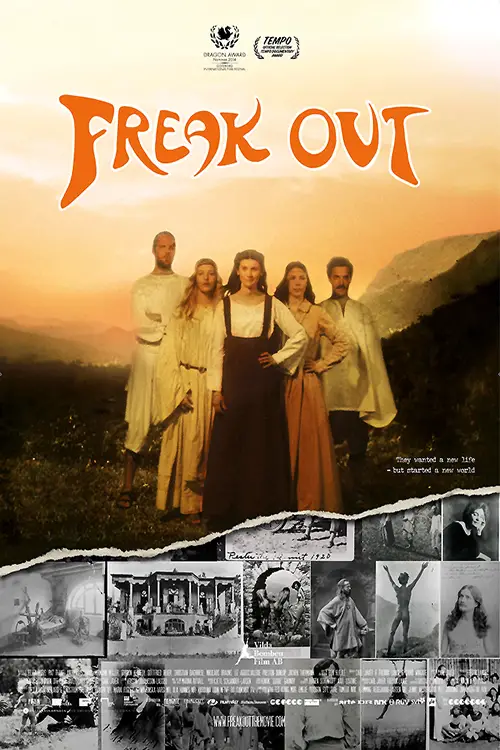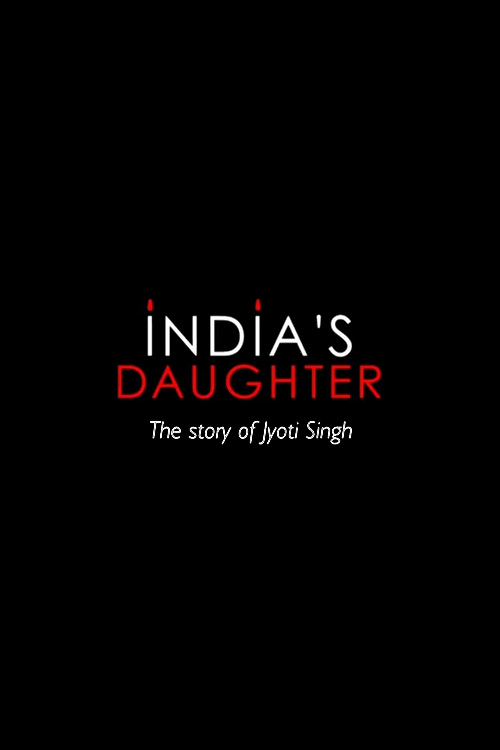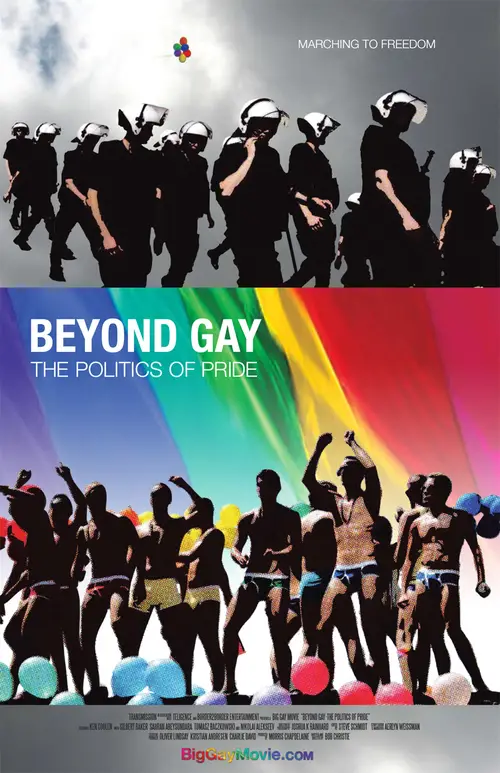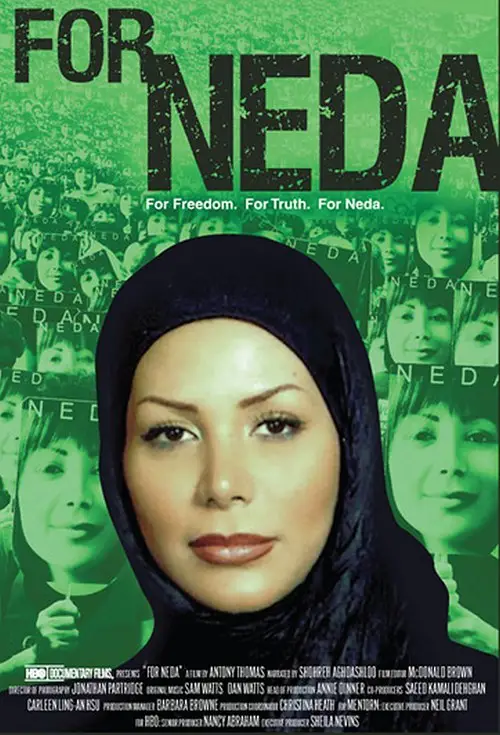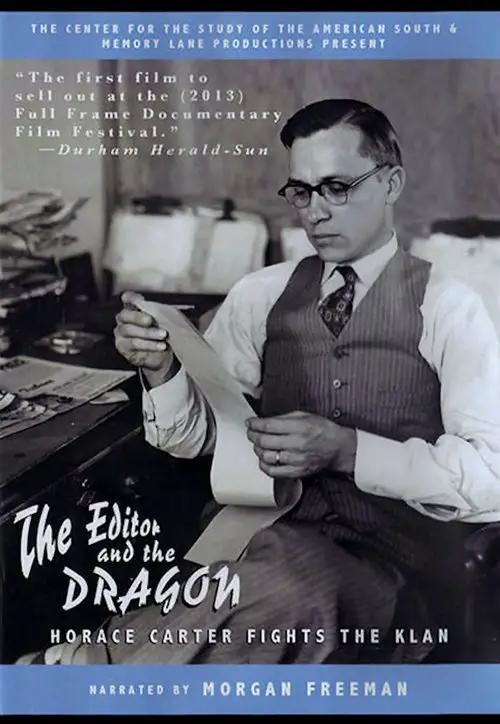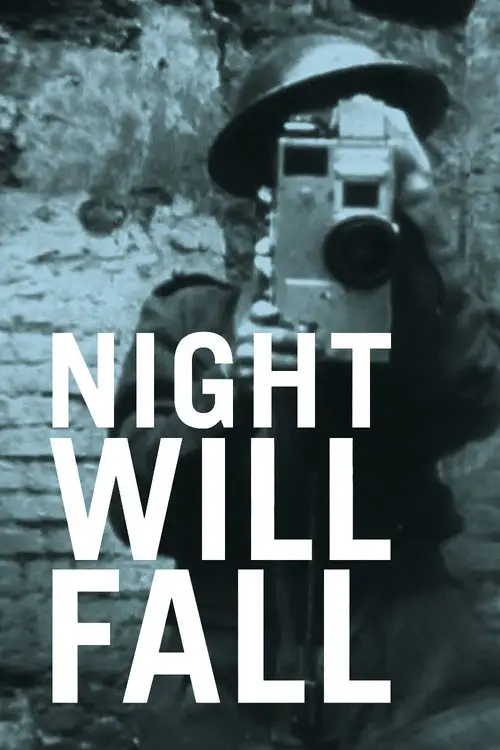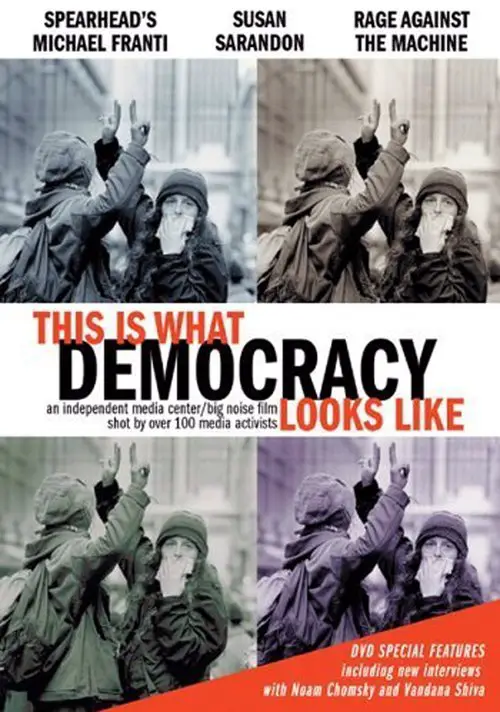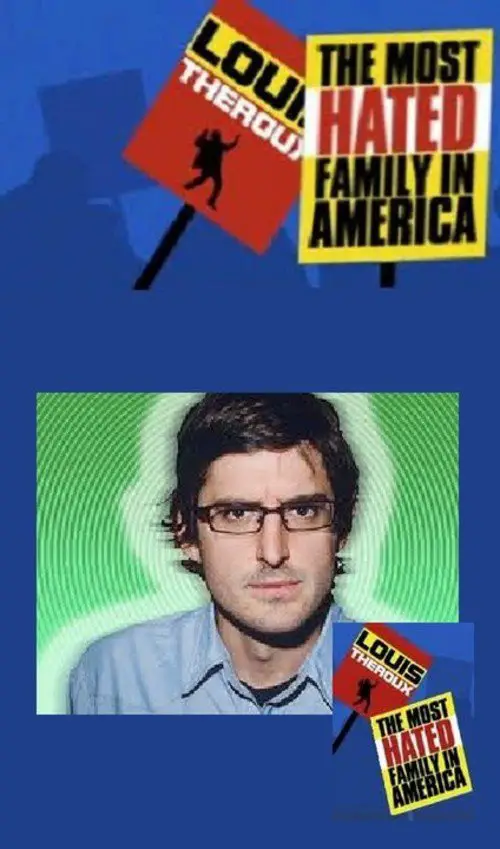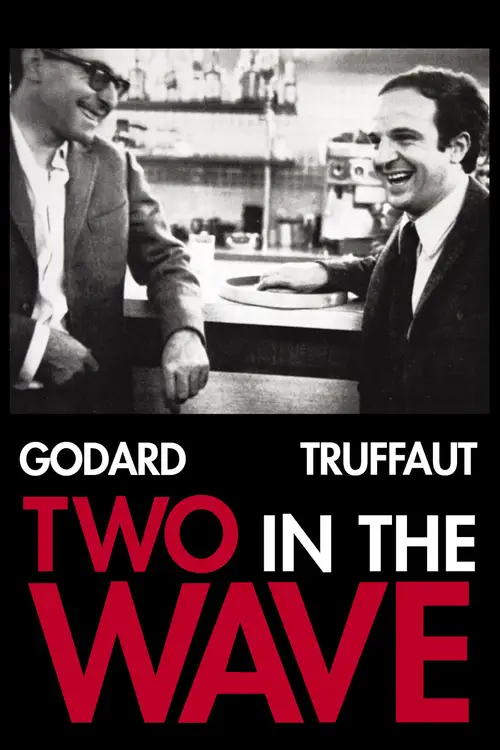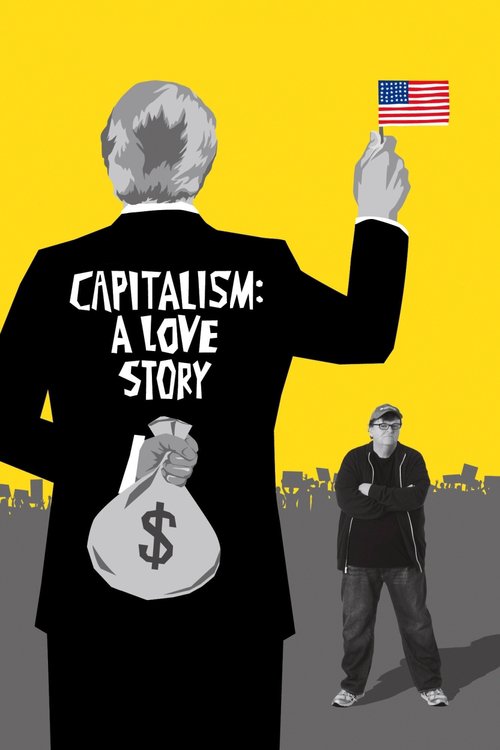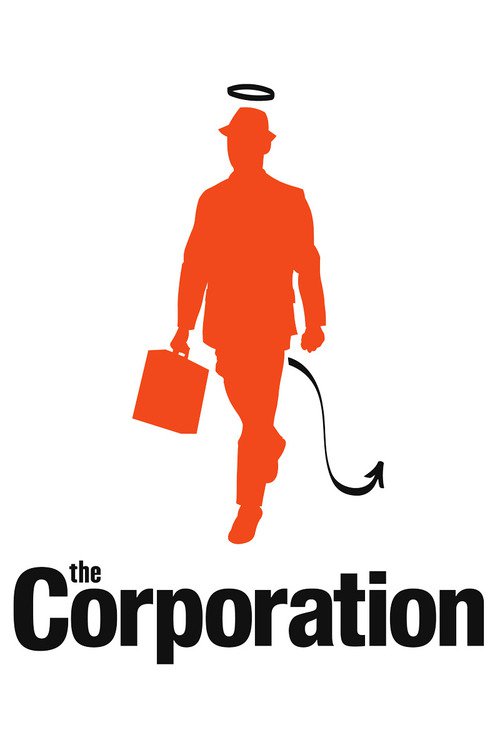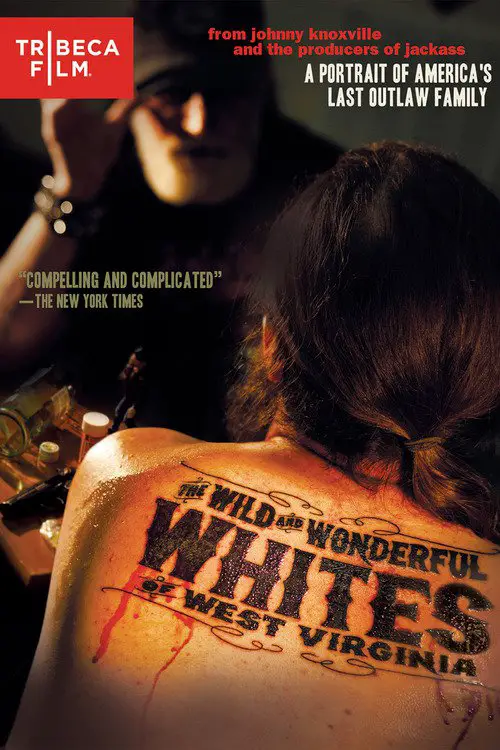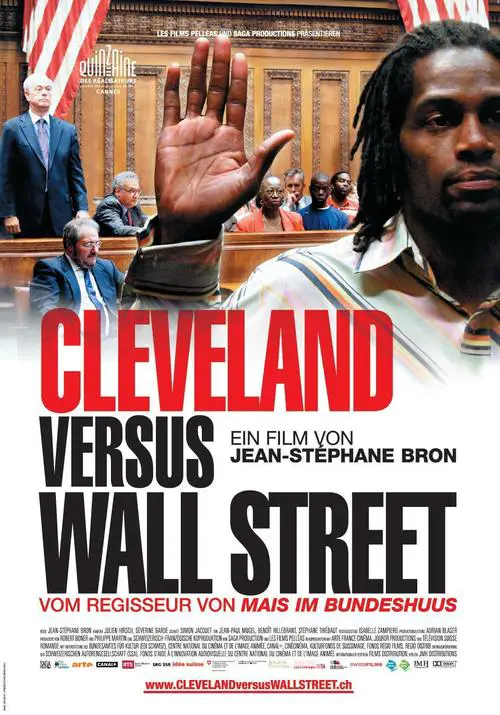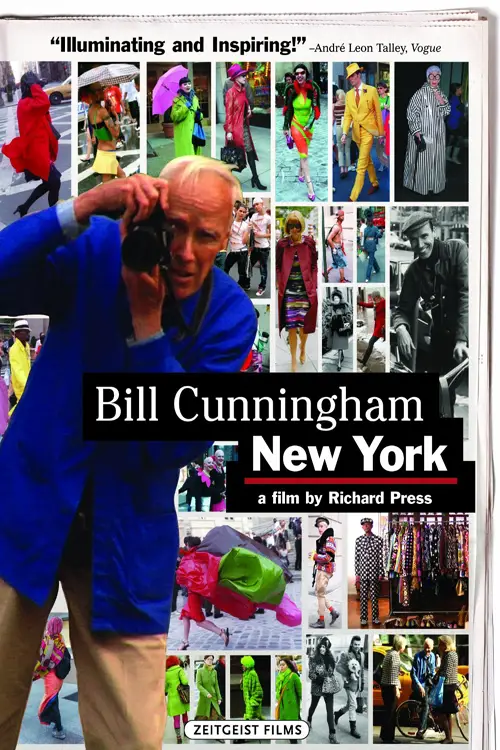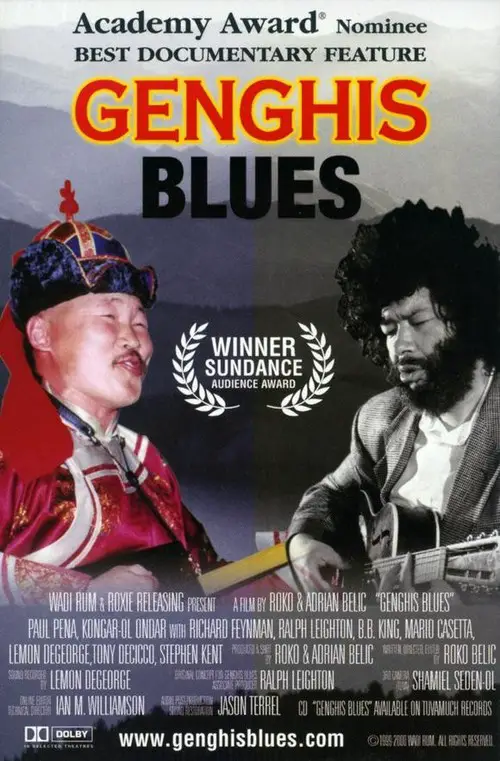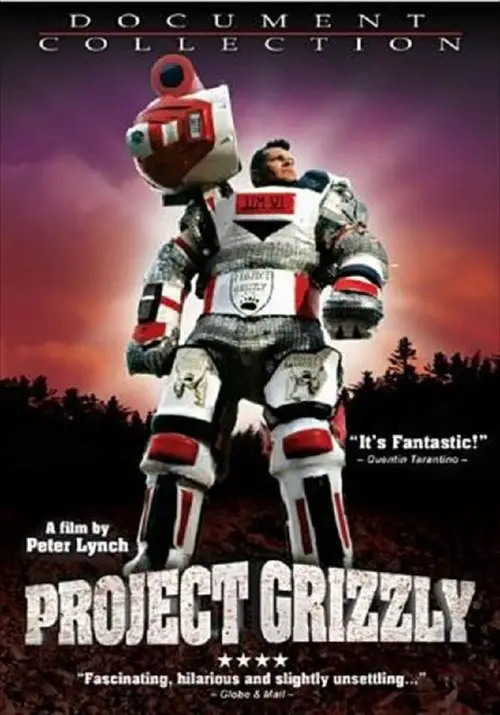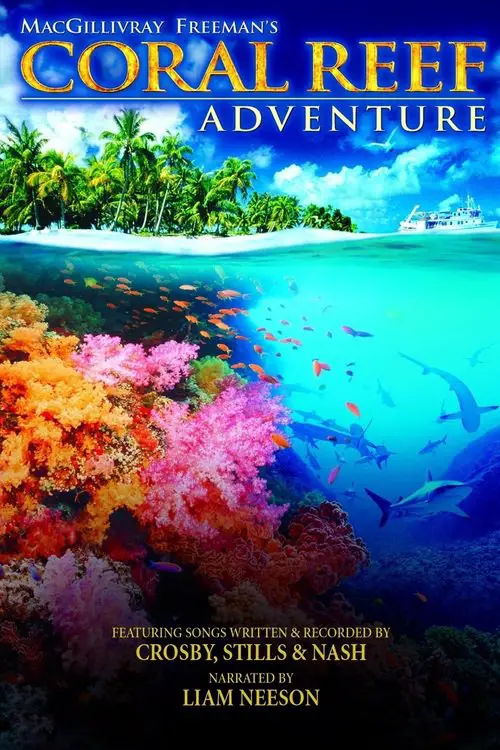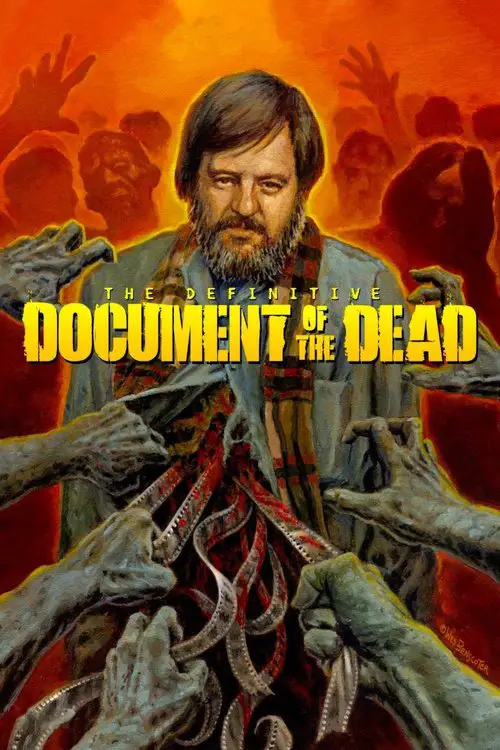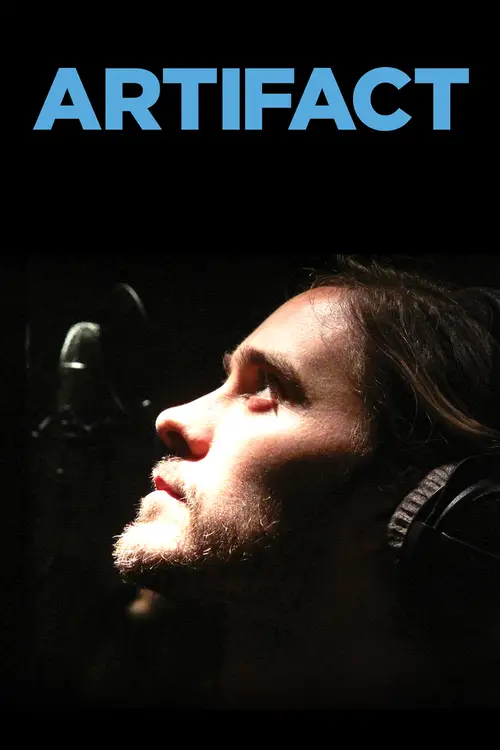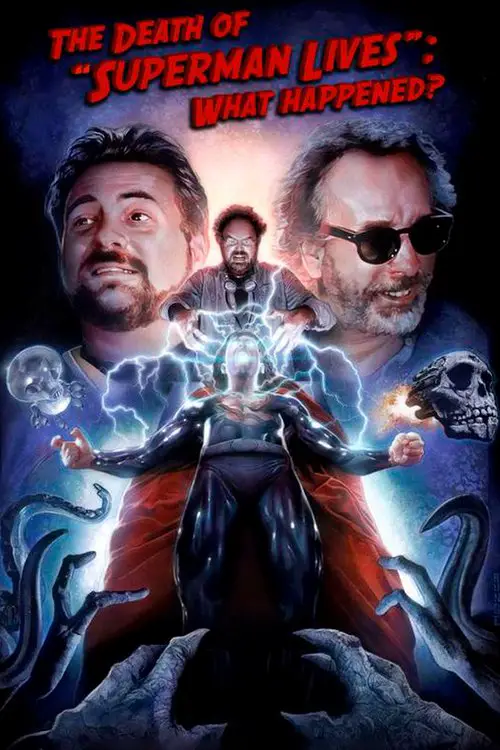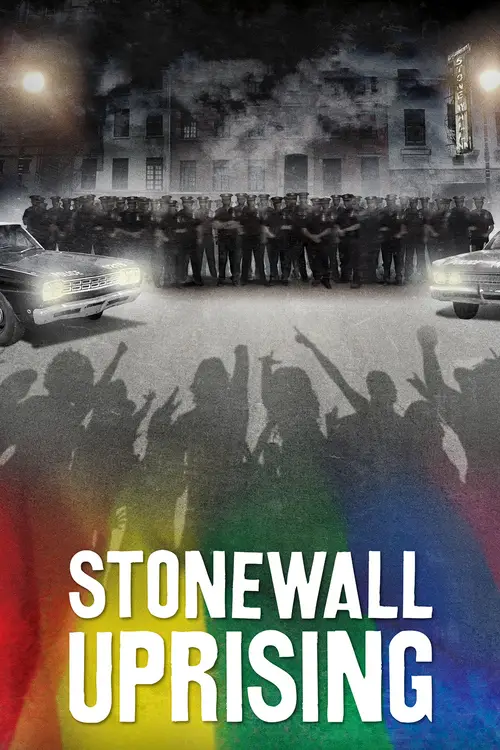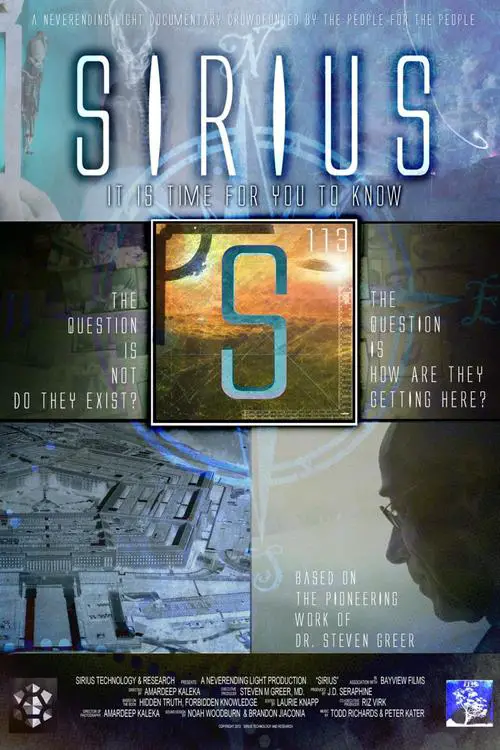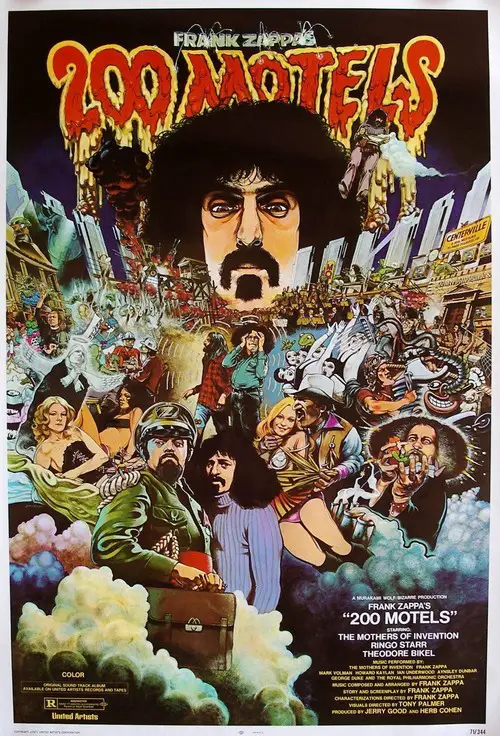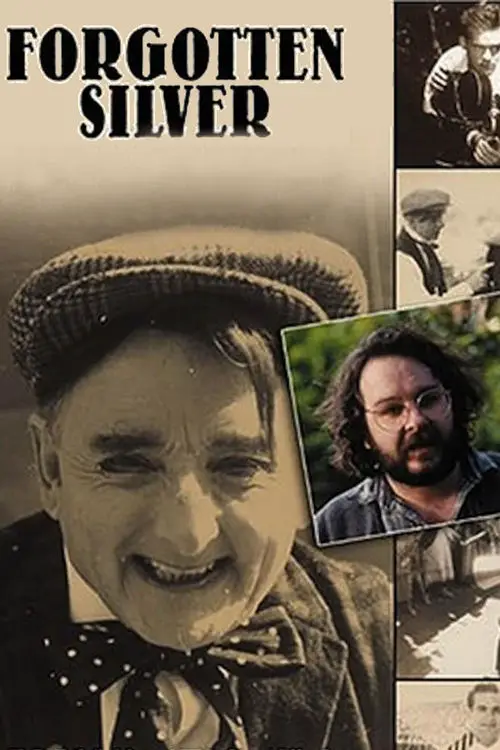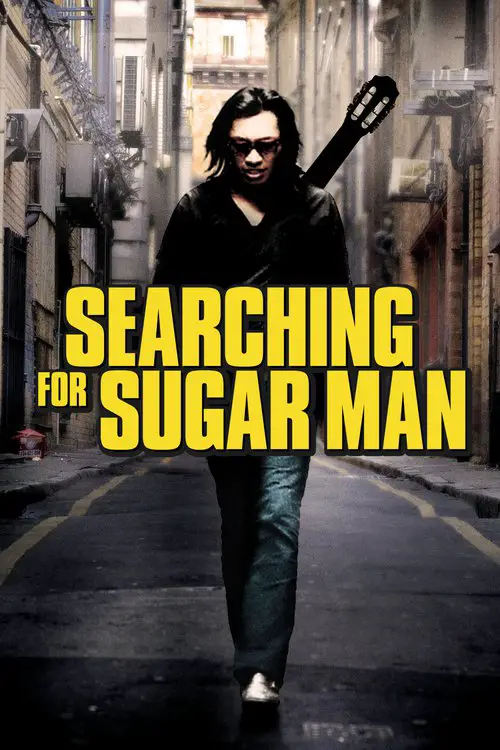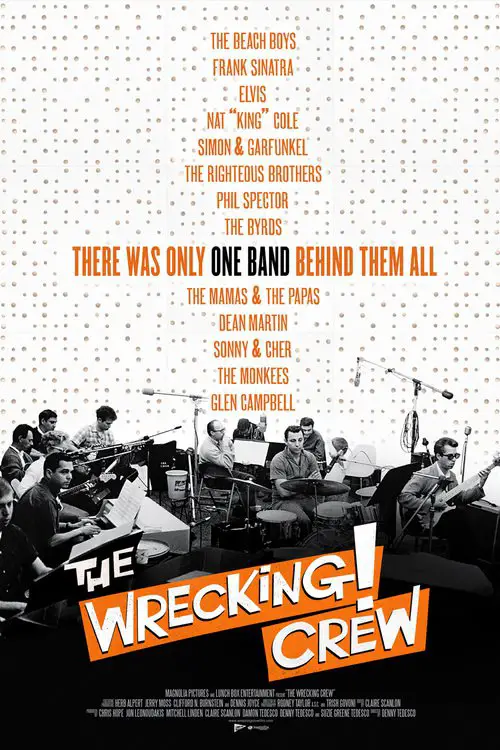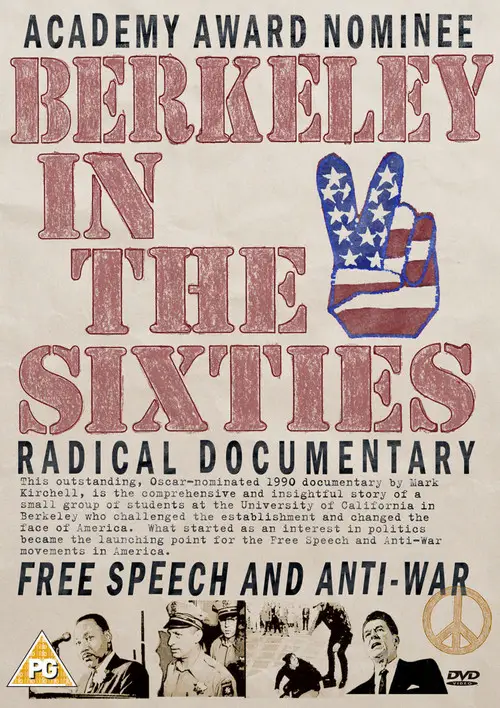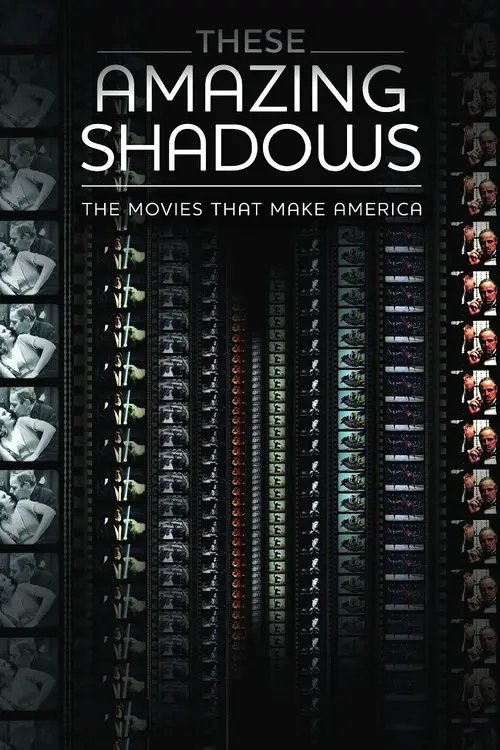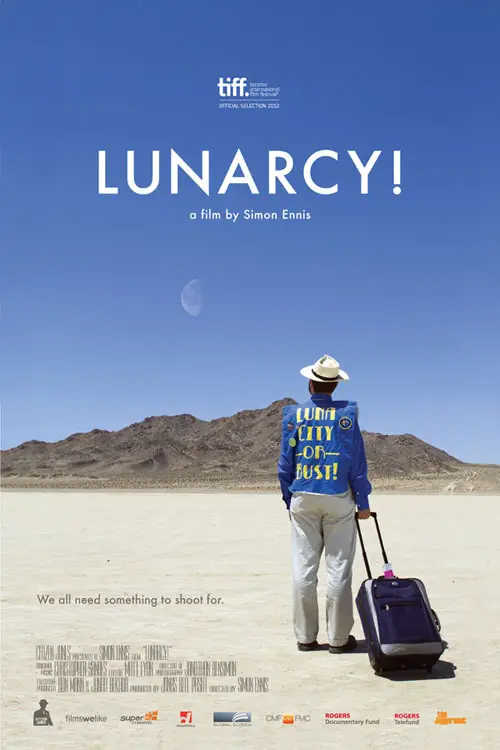Agenda Grinding America Down (2010)
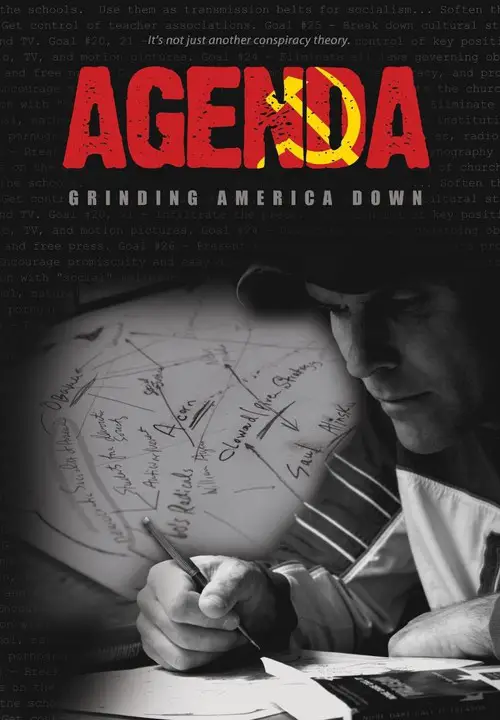
Similar movies
The film discusses the traits and originators of some of metal's many subgenres, including the New Wave of British Heavy Metal, power metal, Nu metal, glam metal, thrash metal, black metal, and death metal. Dunn uses a family-tree-type flowchart to document some of the most popular metal subgenres. The film also explores various aspects of heavy metal culture.
WHITEY: United States of America v. James J. Bulger captures the sensational trial of infamous gangster James 'Whitey' Bulger, using the legal proceedings as a springboard to explore allegations of corruption within the highest levels of law enforcement. Embedded for months with Federal Prosecutors, retired FBI and State Police, victims, lawyers, gangsters and journalists, Academy Award-nominated filmmaker Joe Berlinger examines Bulger's relationship with the FBI and Department of Justice that allowed him to reign over a criminal empire in Boston for decades. Pulling back the curtain on long-held Bulger mythology, the film challenges conventional wisdom by detailing shocking, new allegations. With unprecedented access, Berlinger's latest crime documentary offers a universal tale of human frailty, opportunism, deception, and the often elusive nature of truth and justice.
Among the most important films from the post-war American independent scene are Lionel Rogosinâs On the Bowery and Come Back, Africa â two incredible documents of bygone eras that still resonate today. From the beginning, Rogosinâs style as an independent filmmaker was straightforward and compassionate. His films, made âfrom the insideâ showed the subjects he chose in their normal surroundings and allowed them to speak in their own words. By choosing ordinary people caught up in universal problems â homelessness, racial discrimination, war and peace, labor relations, and poverty â Rogosin made his point poignantly. The Oscar®-nominated On the Bowery is a masterpiece of the American blend of documentary/fiction.
In the center of the story is the life of the indigenous people of the village Bakhtia at the river Yenisei in the Siberian Taiga. The camera follows the protagonists in the village over a period of a year. The natives, whose daily routines have barely changed over the last centuries, keep living their lives according to their own cultural traditions.
In 1965, the historic Selma March known as Bloody Sunday was a turning point in the Civil Rights Movement. John Lewis-now a revered U.S. Congressman, then a young student-co-led hundreds of peaceful marchers seeking voting rights for African Americans in the South. When they came face to face with a wall of club-wielding Alabama state troopers, Lewis took a steadfast, non-violent stand and inspired his followers to do the same. Graphic depictions of the ensuing assault were televised on the nightly news and shocked Americans to the core as they witnessed blatant racial oppression. Get in the Way is the first documentary film biography about Lewis, the civil rights icon, respected legislator and elder statesman who continues to practice nonviolence in his determined fight for justice. The film is a riveting portrayal of John Lewis' personal journey of courage, searing disappointments and hard-won triumphs, as over the decades he inspires others to stand up and Get in the Way.
In Uganda, a new bill threatens to make homosexuality punishable by death. David Kato - Uganda's first openly gay man - and his fellow activists work against the clock to defeat the legislation while combating vicious persecution in their daily lives. But no one, not even the filmmakers, is prepared for the brutal murder that shakes the movement to its core and sends shock waves around the world. (from imdb)
Recent legislation attempting to legitimize the use of internment camps to detain U.S. citizens in the event of an uprising or civil unrest has many people asking what nation they live in. Who are the potential domestic terrorists that will end up in these camps? See what the experts have to say and find out where the true power of the people rests in halting these treasonous activities.
The films and methods of Nicolas Philibert, maker of Etre et avoir, have shown him to be one of contemporary cinemaâs most acclaimed documentarists. In The Land of the Deaf is an elegantly spare and thoughtful portrait of the rich, diverse, but often isolated culture of the deaf community. The film has tremendous power and value: it educates and transports us to another way of occupying this world, and it does so in a pleasurable, unrushed and intelligent fashion.
JFK's campaign for president is the first to be waged on television, a distinct advantage for the telegenic candidate. Despite his lack of legislative achievements and his Catholicism -- which many Americans see as a negative -- Kennedy wins the election on the promise that he will stand up to the Soviets and protect American preeminence in the world.
This documentary takes the viewer on a deeply personal journey into the everyday lives of families struggling to fight Goliath. From a family business owner in the Midwest to a preacher in California, from workers in Florida to a poet in Mexico, dozens of film crews on three continents bring the intensely personal stories of an assault on families and American values.
Shut Up and Sing is a documentary about the country band from Texas called the Dixie Chicks and how one tiny comment against President Bush dropped their number one hit off the charts and caused fans to hate them, destroy their CDâs, and protest at their concerts. A film about freedom of speech gone out of control and the three girls lives that were forever changed by a small anti-Bush comment
Long-haired, barefoot people. Free love! Veganism! Experiments with drugs... The sixties, right? Not quite. In 1900 a group of middle class kids revolted against their time and started the original alternative community - Monte Verità , the mountain of truth. A community based on veganism, feminism, pacifism and free love. This creative documentary mixes interviews, archive and animation in a beautiful combination bringing you straight back to the early 1900 as seen through the eyes of these young radicals. The documentary Freak Out tells the untold story of the birth of the alternative movement and unfold the uncanny similarities between our time and what they revolted against in the early 1900s.
The story of the short life, and brutal gang rape and murder in Delhi in December 2012 of an exceptional and inspiring young woman. The rape of the 23 year old medical student by 6 men on a moving bus, and her death, sparked unprecedented protests and riots throughout India and led to the first glimmers of a change of mindset. Interwoven into the story line are the lives, values and mindsets of the rapists whom the film makers have had exclusive and unprecedented access to interview before they hang. The film examines the society and values which spawn such violent acts, and makes an optimistic and impassioned plea for change.
Over the course of a year, film follows Vancouver Pride Society president Ken Coolen to various international Pride events, including Poland, Hungary, Russia, Sri Lanka and others where there is great opposition to pride parades. In North America, Pride is complicated by commercialization and a sense that the festivals are turning away from their political roots toward tourism, party promotion and entertainment. Christie documents the ways larger, more mainstream Pride events have supported the global Pride movement and how human rights components are being added to more established events. In the New York sequence, leaders organize an alternative Pride parade, the Drag March, set up to protest the corporatization of New York Pride. A parade in São Paulo, the world's largest Pride festival, itself includes a completely empty float, meant to symbolize all those lost to HIV and to anti-gay violence.
On June 20, 2009, Neda Agha-Soltan was shot and killed on the streets of Tehran during the turmoil that followed the Iranian presidential contest. Within hours, images of her dying moments, captured on cell phones, appeared on computer screens across the world, focusing the world's attention on mass protests against the rigged elections in Iran. Featuring previously unseen footage of Neda with friend and family, as well as exclusive video of her recorded the day she died, "For Neda" debuts just before the anniversary of her death.
In 1953, Horace Carter earned a Pulitzer Prize for Meritorious Public Service for his reporting on the Ku Klux Klan. Carter persevered in the face of death threats, including those against his family, and used the editorial authority of North Carolina's TABOR CITY TRIBUNE to protest the Klan's racist rhetoric and vigilantism. Carter's bold reporting and the unwavering integrity of his editorials helped lead to the first federal intervention in the south during that era and to the arrest and conviction of nearly 100 klansmen.
From the masters who create the mind-bending diversions to the tense competition at the American Crossword Puzzle Tournament, Patrick Creadon's documentary reveals a fascinating look at a decidedly addictive pastime. Creadon captures New York Times editor Will Shortz at work, talks to celebrity solvers -- including Bill Clinton and Ken Burns -- and presents an intimate look at the national tournament and its competitors.
The struggle to eradicate apartheid in South Africa has been chronicled over time, but no one has addressed the vital role music plays in this challenge. This documentary by Lee Hirsch recounts a fascinating and little-known part of South Africa's political history through archival footage, interviews and, of course, several mesmerizing musical performances.
When Allied forces liberated the Nazi concentration camps in 1944-45, their terrible discoveries were recorded by army and newsreel cameramen, revealing for the first time the full horror of what had happened. Making use of British, Soviet and American footage, the Ministry of Informationâs Sidney Bernstein (later founder of Granada Television) aimed to create a documentary that would provide lasting, undeniable evidence of the Nazisâ unspeakable crimes. He commissioned a wealth of British talent, including editor Stewart McAllister, writer and future cabinet minister Richard Crossman â and, as treatment advisor, his friend Alfred Hitchcock. Yet, despite initial support from the British and US Governments, the film was shelved, and only now, 70 years on, has it been restored and completed by Imperial War Museums.
This film, shot by 100 amateur camera operators, tells the story of the enormous street protests in Seattle, Washington in November 1999, against the World Trade Organization summit being held there. Vowing to oppose, among other faults, the WTO's power to arbitrally overrule nations' environmental, social and labour policies in favour of unbridled corporate greed, protestors from all around came out in force to make their views known and stop the summit. Against them is a brutal police force and a hostile media as well as the stain of a minority of destructively overzealous comrades. Against all odds, the protesters bravely faced fierce opposition to take back the rightful democratic power that the political and corporate elite of the world is determined to deny the little people.
Taking Liberties Since 1997is a documentary film about the erosion of civil liberties in the United Kingdom and increase of surveillance under the government of Tony Blair. It was released in the UK on 8th June 2007. The director, Chris Atkins, said on 1 May that he wanted to expose "the Orwellian state" that now threatened Britain as a result of Mr Blair's policies.
A fictional investigative documentary looks back on the "assassination" of George W. Bush and attempts to answer the question of who committed the murder. Perhaps less morbid and disturbing to watch now than during Bush's presidency, the film doesn't address Bush's policies at all, instead focusing on the way a nation assigns blame in a time of crisis.
Determined to find out the true effects of marijuana on the human body, stand-up comedian and former Stoner of the Year Doug Benson documents his experience avoiding pot for 30 days and then consuming massive amounts of the drug for 30 days. More than just an amusing story of one man's quest to get superhigh, this documentary also examines the hotly contested debate over medical marijuana use.
On 11th January 2008, hired by the City of Cleveland, lawyer Josh Cohen and his team filed a lawsuit against 21 banks, which they held accountable for the wave of foreclosures that had left their city in ruins. Since then, the bankers on Wall Street have been fighting by with all available means to avoid going to court. This film is the story of that trial. A film about a trial that may never be held but in which the facts, the participants and their testimonies are all real: the judge, lawyers, witnesses, even the members of the jury - asked to give their verdict - play their own roles. Step by step, one witness after another, the film takes apart, from a plain, human perspective, the mechanisms of subprime mortgage loans, a system that sent the world economy reeling. A trial for the sake of example, a universal fable about capitalism
Blind blues musician Paul Pena is perhaps best known for his song "Jet Airliner". In 1993, Pena heard Tuvan throat singing over his shortwave radio and subsequently taught himself how to reproduce these extraordinary sounds. This documentary follows him to Tuva, where he takes part in a throat singing competition.
Documentary about the lifelong project of Troy Hurtubise, a man who has been obsessed with researching the Canadian grizzly bear up close, ever since surviving an early encounter with such a bear. The film documents Hurtubise's diligent work to improve his homemade "grizzly-proof" suit of armour, his efforts to test its resilience, and his forays into the Rockies to track down the grizzlies he dreams of meeting. The film manages to capture the humor of the project as well as its sincerity.
Coral Reef Adventure follows the real-life expedition of ocean explorers and underwater filmmakers Howard and Michele Hall. Using large-format cameras, the Halls guide us to the islands and sun-drenched waters of the South Pacific to document the health and beauty of coral reefs. Featuring songs written and recorded by Crosby, Stills & Nash.
Artifact is a 2012 American documentary film directed by Jared Leto under the pseudonym of Bartholomew Cubbins, a recurring character in the Dr. Seuss universe. The film is a documentary about the making of the 30 Seconds to Mars album This Is War and the band's battle against record label EMI. Included in Artifact are several interviews, including the one with neurophysicist Daniel Levitin, author of the popular science book This Is Your Brain On Music. The film won the BlackBerry People's Choice Documentary Award at the 2012 Toronto International Film Festival.
The Death of 'Superman Lives': What Happened? feature film documents the process of development of the ill fated "Superman Lives" movie, that was to be directed by Tim Burton and star Nicolas Cage as the man of steel himself, Superman. The project went through years of development before the plug was pulled, and this documentary interviews the major players: Kevin Smith, Tim Burton, Jon Peters, Dan Gilroy, Colleen Atwood, Lorenzo di Bonaventura and many many more.
As Australian cinema broke through to international audiences in the 1970s through respected art house films like Peter Weir's "Picnic At Hanging Rock," a new underground of low-budget exploitation filmmakers were turning out considerably less highbrow fare. Documentary filmmaker Mark Hartley explores this unbridled era of sex and violence, complete with clips from some of the scene's most outrageous flicks and interviews with the renegade filmmakers themselves.
Stonewall Uprising is a 2010 American documentary film examining the events surrounding the Stonewall riots that began during the early hours of June 28, 1969. Stonewall Uprising made its theatrical debut on June 16, 2010 at the Film Forum in New York City.The movie features interviews with eyewitnesses to the incident, including NYPD deputy inspector Seymour Pine.
The film was produced and directed by documentarians Kate Davis and David Heilbroner, and is based on the book by historian David Carter, Stonewall: The Riots That Sparked the Gay Revolution. The title theme is by Gary Lionelli.
If your bedroom has become too small a stage for your air guitar antics, take inspiration from the competitors featured here as they battle their way from the inaugural U.S. Air Guitar Championship to the world championship in Oulu, Finland. Along the way, filmmaker Alexandra Lipsitz documents the fierce rivalries that develop as would-be rock legends vie for top honors in technical accuracy, stage presence and "airness."
"Touring makes you crazy," Frank Zappa says, explaining that the idea for this film came to him while the Mothers of Invention were touring. The story, interspersed with performances by the Mothers and the Royal Symphony Orchestra, is a tale of life on the road. The band members' main concerns are the search for groupies and the desire to get paid.
This dryly funny mockumentary about the lost work of a pioneering New Zealand film genius is probably one of the best examples of the faux-documentary genre. In fact, it was so successful that when it originally aired on New Zealand television, hundreds of viewers bought the premise hook, line, and sinker. If you didn't know any better yourself, it's entirely possible you might be duped into believing the extremely tall tale of one Colin MacKenzie, an ambitious filmmaker who made the world's first talking movie (years before The Jazz Singer), invented color film, and created a huge biblical epic that would put Cecil B. DeMille and D.W. Griffith to shame. Filmmaker Peter Jackson (Heavenly Creatures) shrewdly inserts himself into the film via his documentation of the "discovery" of McKenzie's lost epic, which for years was preserved in a garden shed.
© Valossa 2015–2026
| Privacy Policy
